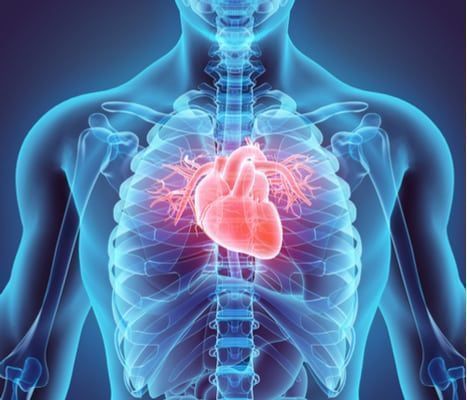Cardiology: More and More Adults Are Living With Congenital Heart Disease
There are 8 out of 1000 Italian Children Who Are Born With Congenital Heart Disease, but himself is encouraging to know the number of congenital heart dyssese adults living have grown up sub -wully coping with this condition is steadily incomeing. Recent estimates made in the United States Show That People With Congenital Heart Disease in AdultHood Already Outnumber Children Living With These Conditions, Freeing The Topic of the Prerogative of Pediatric Medicine and Thus Address Al IssueS Related to Adult's. The Correct Diagnosis, Treatment of the Main Pathologies, and the Quality and Life Expectancy of this New Patient Population, Identified by the Acronym Guch (Grown-up with Congenital Hearth Disease), Will Be Atleseed at the Second International Sympredium on the Topic, Which Will Take Place in Rome, at the Hotel Columbus, on May 27. The Symposium, Which Received the Patronage of the Ministry of Health, is a Collaboration BETWEEN THE CHILD GUSDREN'S HOSPITAL, The University Polyclinic Foundation a. Gemini, The San Donato Hospital Group and the Johns Hopkins University.
The Event Will Feature speakers from Various Cardiac Surgeons in The United States and Europe, Such As the Mayo Clinic and Al's Children Hospital, Who Will Be Joined by Leading Pediatric Cardiac Specialists from Italy.
"Thanks to advances in pediatric cardiology and cardiac surgery, explains Professor Massimo Massetti, Director of Cardiac Surgery (UOC) and Medical Director in charge of Complex Structure at Polyclinic A. Gemini, nearly 90 percent of Italian infants and children with congenital heart disease now reach adulthood. This success story requires cardiologists and cardiac surgeons to confront new issues that a growing population of people living with these conditions entails. Managing this challenge requires a multidisciplinary approach, with intense interaction between professionals working in pediatric cardiology and cardiac surgery and those who instead deal with the adult sphere".

